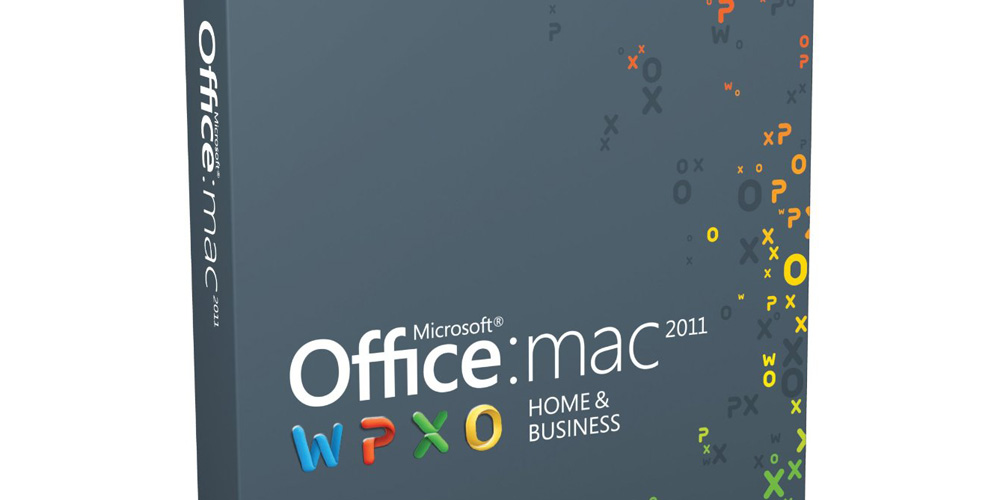
smoothes? And does anyone know how (or why) the American Heritage Dictionary came up with its preference for smoothes back in 1969, when its First Edition debuted? Is the shift toward smoothes and away from smooths an instance in which a computer program is primarily responsible for a fundamental change in an English spelling preference, or are other factors that I haven't identified just as important? Do any readers here have an especially old version of Word that they can use to examine its spelling checker's handling of smooths vs. The Tenth and Eleventh Collegiates omit any mention of smoothe, and Word has always marked it as a typo. Meanwhile, Garner's Modern American Usage (2003) views smoothe and smoothes as simple typos, "doubtless on the analogy of soothe."įrom this very limited array of references, I see only two potentially significant factors that changed between, say, 19: the explicit inclusion in 1994 by Merriam-Webster's of smoothes as an acceptable alternative to smooths and the adoption (probably at some point in the 1990s) by Microsoft Word of the American Heritage/Encarta preference for smoothes over smooths.Ī further detail of possible interest is that Ngram shows the frequency of smoothe as declining slightly but steadily between 19, including the period when the frequency of smoothes rocketed upward. The Oxford Universal Dictionary, Third Edition (1944) has an entry for smooth(e, suggesting that it and the OED are constants during the period in question and thus probably had little effect on the shift in overall spelling preference.
WORD FOR MAC 2011 TERRIBLE FOR MAC
According to Wikipedia's article on Microsoft Word, Word 95 (released in 1995) introduced "red-squiggle underlined spell-checking." (Oddly, my most recent version of Word-Word for Mac 2011-treats both smoothes and smooths as typos however, all previous versions that I can remember, going back at least 10 years, favored smoothes.)

It thus appears that for many years, on the sole authority of the American Heritage Dictionary, Word treated smoothes as a correct spelling and marked smooths as incorrect. I checked the Longman Dictionary of Contemporary English, New Edition (1987), and found that it doesn't provide a spelling for the third-person singular form of the verb smooth. It is based on the Longman Dictionary of Contemporary English and the American Heritage Dictionary of the English Language, third edition. A Q&A page at Microsoft Support reads as follows:Ģ3. In contrast, at least three editions of the American Heritage Dictionary-the First Edition edition (1973), the Third Edition (1992), and the Fourth Edition (2000)-give the related forms of the verb smooth as " smoothed, smoothing, smoothes," as does the Encarta World English Dictionary (1999). The Eleventh Collegiate (2003) follows the Tenth's wording. No previous dictionary in Merriam-Webster's Collegiate series, dating back to the First Edition in 1898, makes any mention of either smooths or smoothes. Smooth vb smoothed smoothing smooths also smoothes. In the case of the Merriam-Webster's Collegiate Dictionary series, the Tenth Edition (1994) begins its entry for the verb smooth as follows:

In seeking possible causes for the shift, I've looked at a number of dictionaries. Simple Google searches for the two words yield about 2.82 million matches for smooths and about 4.59 million matches for smoothes.

Ngram shows the two frequency lines crossing in 2002. I am interested in the rapid rise (since about 1993) in frequency of the spelling smoothes as against smooths.Īn Ngram Viewer graph tracking the frequency of usage of the two words from 1800 to 2005 shows remarkably stable levels of usage for both smooths and smoothes for about 150 years (1844 to 1993) but then it shows smoothes beginning a sharp ascent and smooths declining significantly.


 0 kommentar(er)
0 kommentar(er)
